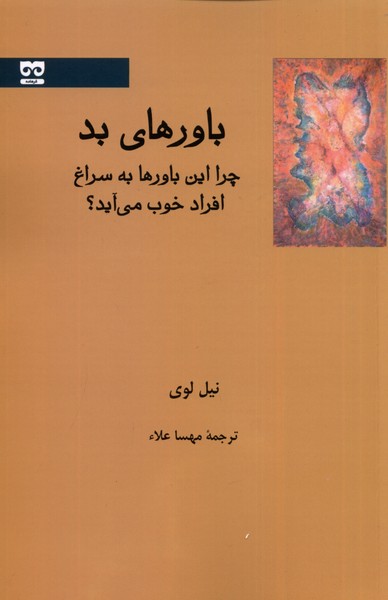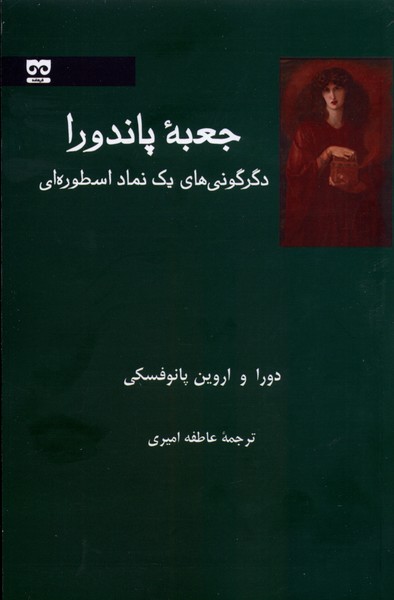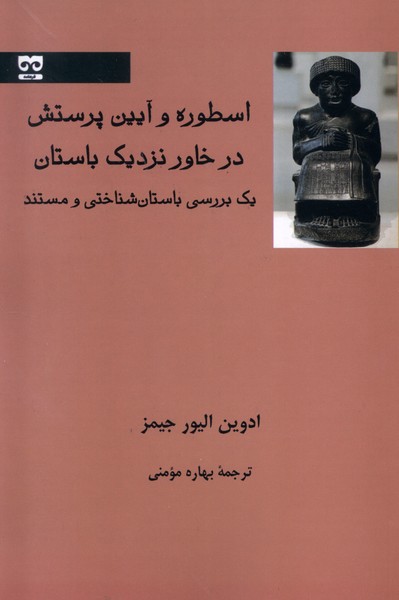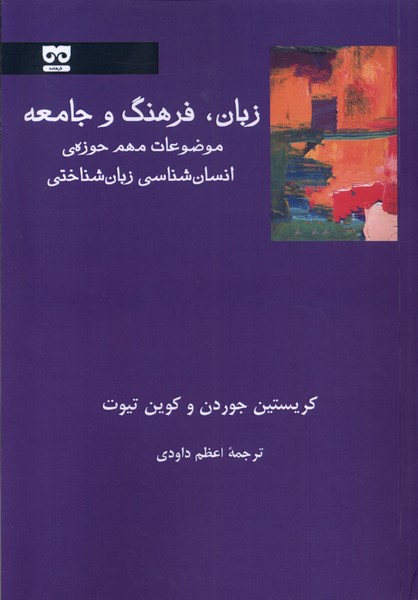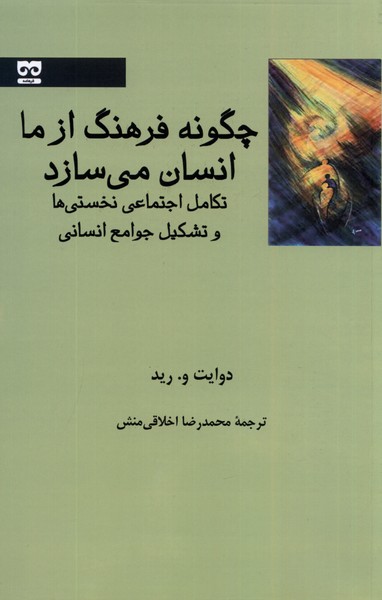Bāvar'hā-yi Bad: Persiska (Farsi) 1402
باورهای بد
19,57 €
Dela
Wishlist
Originaltitel:
Bad Beliefs: Why They Happen to Good People
ISBN:
9786008284963
Översättare:
Mahsā 'alā'
Förlag:
Farhāmah
Åldersgrupp:
Vuxen
Sidor:
264
Vikt:
300 g
Produktmått:
14 x 21 x 2
,
5 cm
Bokomslag:
Pocketbok
This is an open-access title available under the terms of a CC BY-NC-ND 4.0 International license. It is free to read at Oxford Scholarship Online and offered as a free PDF download from OUP and selected open-access locations.
Bad beliefs - beliefs that blatantly conflict with easily available evidence - are common. Large minorities of people hold that vaccines are dangerous or accept bizarre conspiracy theories, for instance. The prevalence of bad beliefs may be politically and socially important, for instance blocking effective action on climate change. Explaining why people accept bad beliefs and what can be done to make them more responsive to evidence is therefore an important project.
A common view is that bad beliefs are largely explained by widespread irrationality. This book argues that ordinary people are rational agents, and their beliefs are the result of their rational response to the evidence they're presented with. We thought they were responding badly to evidence because we focused on the first-order evidence the evidence that directly bears on the truth of claims. We neglected the higher-order evidence, in particular evidence about who can be trusted and what sources are reliable. Once we recognize how ubiquitous higher-order evidence is, we can see that belief formation is by and large rational.
The book argues that we should tackle bad beliefs by focusing as much on the higher-order evidence as the first-order evidence. The epistemic environment gives us higher-order evidence for beliefs, and we need to carefully manage that environment. The book argues that such management need not be done once we recognize that managing the epistemic environment consists in the management of evidence, we should recognize that such management is respectful of epistemic autonomy.
more
چرا مردم برخلاف اجماع علمی یا ایمنی و کارایی واکسن ها را رد می کنند؟ یک دیدگاه رایج، باورهای بدی از این دست را ناشی از طیفی از سوگیریها توضیح میدهد که در مجموع تضمین میکنند که انسانها از حیواناتی واقعا منطقی برخوردار نیستند. این کتاب «باورهای بد» نوشته «نیل لوی» یک گزارش جایگزین ارائه می دهد. این استدلال می کند که باورهای بد از فرآیندهای عقلانی واقعی ناشی می شوند. ما عقلانیت باورهای بد را از دست دادهایم، زیرا نتوانستهایم همهجا بودن شواهد درجه بالاتری را که باورها را شکل میدهند، و عقلانیت هدایت شدن توسط این شواهد را تشخیص دهیم. این کتاب استدلال میکند که توجه به شواهد درجه بالاتر باید ما را به بازنگری در نحوه بهترین تغییر ذهن و اخلاق تغییر آنها سوق دهد: باید ببینیم که اصرار - حداقل معمولا - با ارائه عوامل منطقی، باور (و رفتار) را تغییر میدهد. ما نیازی به بازنگری در آرمانهای روشنگری در مورد استقلال فکری و عقلانیت نداریم، بلکه باید آنها را طوری شکل دهیم که عاملیت معرفتی عمیق اجتماعی خود را در نظر بگیریم.
more

